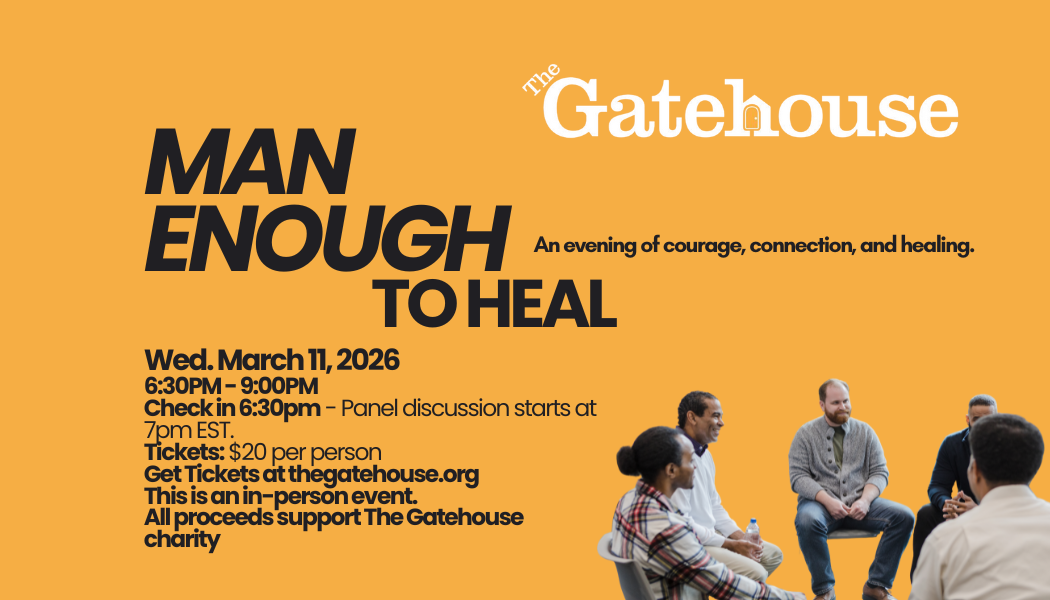What is Shame, and Why Do We Feel It?
Shame feels like an awful emotion, but it does serve a purpose. Shame signals that we may have violated the unspoken code of the group we belong to—and that we’re at risk of being rejected or excluded. Guilt stems from acting in a way that goes against your values and morals. Simply put, shame is the feeling, “I am bad” and guilt is the feeling, “I did something bad”.
While shame can teach us about boundaries and social expectations, it becomes devastating when we feel it, listen to it, and believe it—even when we have done nothing wrong. Shame can become an overpowering voice in our minds. As Brené Brown writes in IThought It Was Just Me (But It Isn’t): “We cannot change and grow when we are in shame, and we can’t use shame to change ourselves or others.” https://brenebrown.com/book/i-thought-it-was-just-me/
How Shame Manifests in CSA Survivors
Survivors of childhood sexual abuse often carry deep shame and guilt—emotions that were never theirs to hold. But why do they?
Many survivors internalize thoughts like, If I had acted differently, I could have stopped it, or If I hadn’t done that, it wouldn’t have happened.
Either way, the blame gets turned inward. The survivor feels responsible for the harm done to them. This is the voice of shame. And shame isolates.
Over time, it distorts memory and confidence: Maybe I misremembered and maybe it wasn’t that bad.
Survivors may also experience guilt, not just about the abuse, but about the idea of disclosing it:
I don’t want to bother anyone by sharing my experience. I don’t want to hurt my family or ruin relationships if I say something.
These thoughts are all shaped by guilt and shame, but these do not belong to the survivor. They never did.
The Harm of Comparing Pain
To understand how shame is reinforced by the culture around us, we can look to writer and educator Clementine Morrigan, who shares:
“Culturally we dismiss sexual comments to and about children as ‘inappropriate’—but certainly the adult wouldn’t really do anything. Accusing someone of being a pedophile or an incester is such a serious accusation that we play it ‘safe’ and wait to say anything until it seems the line will really be crossed.”
When we create the kind of “line” Clementine discusses—a threshold that must be crossed before we take harm seriously—we also create a harmful hierarchy of trauma: the worst, the not-as-bad, the barely worth mentioning. This framing minimizes space for survivors to come forward.
It plants thoughts like: Other people have it worse or what happened to me isn’t bad enough to talk about.
This comparison culture silences voices. It breeds shame, self-doubt, and uncertainty, and it leaves survivors feeling that their pain doesn’t qualify for attention, support, or healing.
Culture’s Role in Silencing and Minimizing
This silence doesn’t emerge by accident, it’s shaped by social norms and behaviours that minimize harm.
Clementine continues, “What I am saying is that once any sexual behaviour has been enacted toward a child, the line is already crossed.”
We cannot continue living under the illusion that sexual abuse doesn’t happen. No one wants to believe someone they know is capable of such harm—but turning a blind eye is just as dangerous.
In an effort to stay comfortable, we often ignore behaviours that signal something more troubling. We hesitate to say things like, “If my child doesn’t want a hug, she doesn’t have to give one.”
Instead, we prioritize politeness—our own social ease—over the safety and autonomy of children.
When we do this, we teach children that their bodies are not truly their own. We condition them to ignore their discomfort in favour of pleasing others. And that is not just dangerous—it’s a betrayal.
What Children Know, and What We Ignore
Clementine writes:
“Children are not stupid. They understand danger. They receive messages from their bodies telling them that something is wrong and they have to find a way to make sense of and respond to these messages. Fight, flight, fawn, freeze, submit. These embodied survival responses take place in a context of pervasive denial, silence, punishment, and shame.”
Culturally, we must be held accountable for creating a world where children feel unsafe, where their voices are ignored—and then allowing them to grow into adults who still feel unsafe, and unheard.
Shame and guilt are not burdens survivors of childhood sexual abuse should ever have to carry. These emotions belong to the adults who failed them. The shame lies not with the survivor, but with a culture that chose comfort over courage, denial over truth.
“The child must go to extremely creative lengths (usually involving some splitting of the personality) in order to survive these insane conditions.” — Clementine Morrigan
We live in a culture of childism—the belief that adults always know best. We assume children are unintelligent, incapable of understanding, or exaggerating. But as Morrigan makes clear, children are not dumb. They know how to survive.
When children are taught to be silent and compliant, they grow into adults who carry those same burdens. They’ve been trained to shut up, do as they’re told, and believe that speaking up will only bring punishment.
When we ignore the voices of children, we continue the narrative that they don’t matter—that their experiences and pain are theirs to carry alone.
Shame on us.
A Message to Survivors
While it may be hard to accept right now—and it may take time—know this: you did not do anything wrong. You did the best you could with what you had. You didn’t fail. You were let down by others.
And still, you survived.
When you are ready, let your inner light shine so brightly that it burns through the cocoon of shame, and emerge in your full strength.

